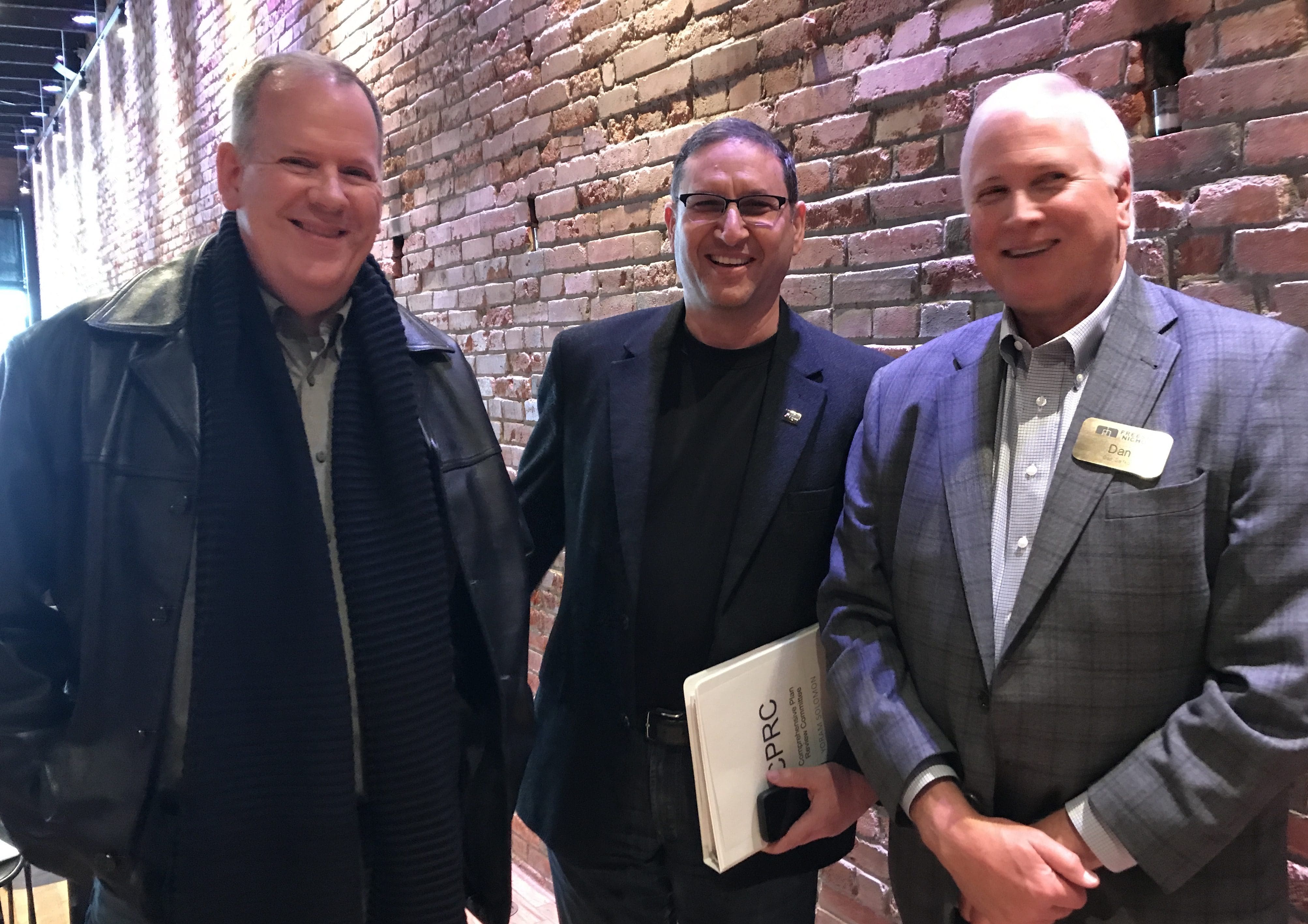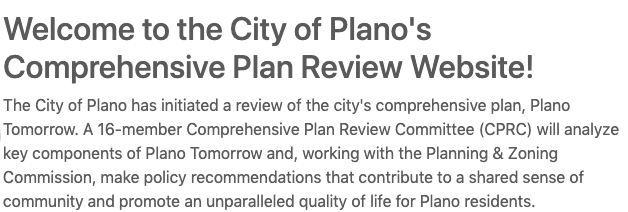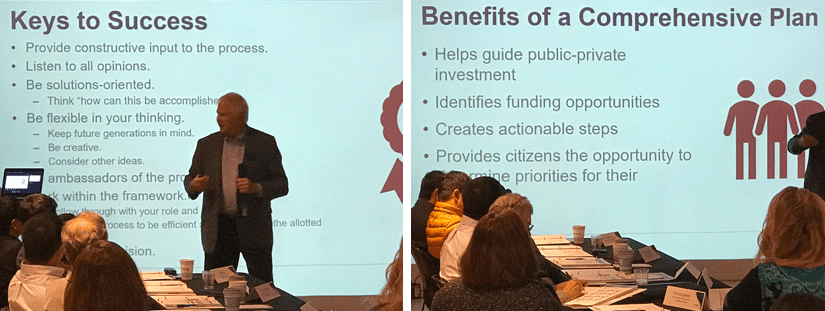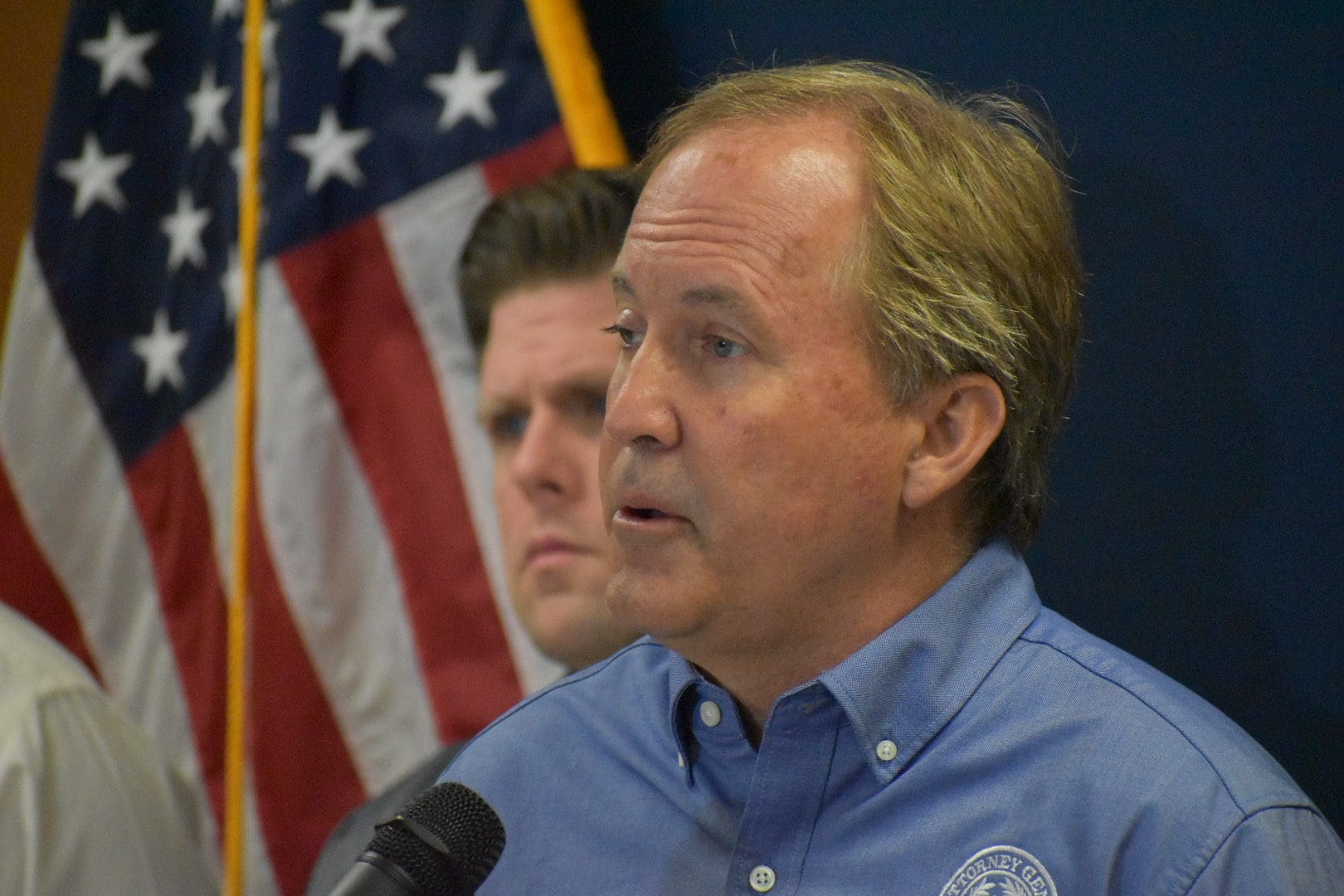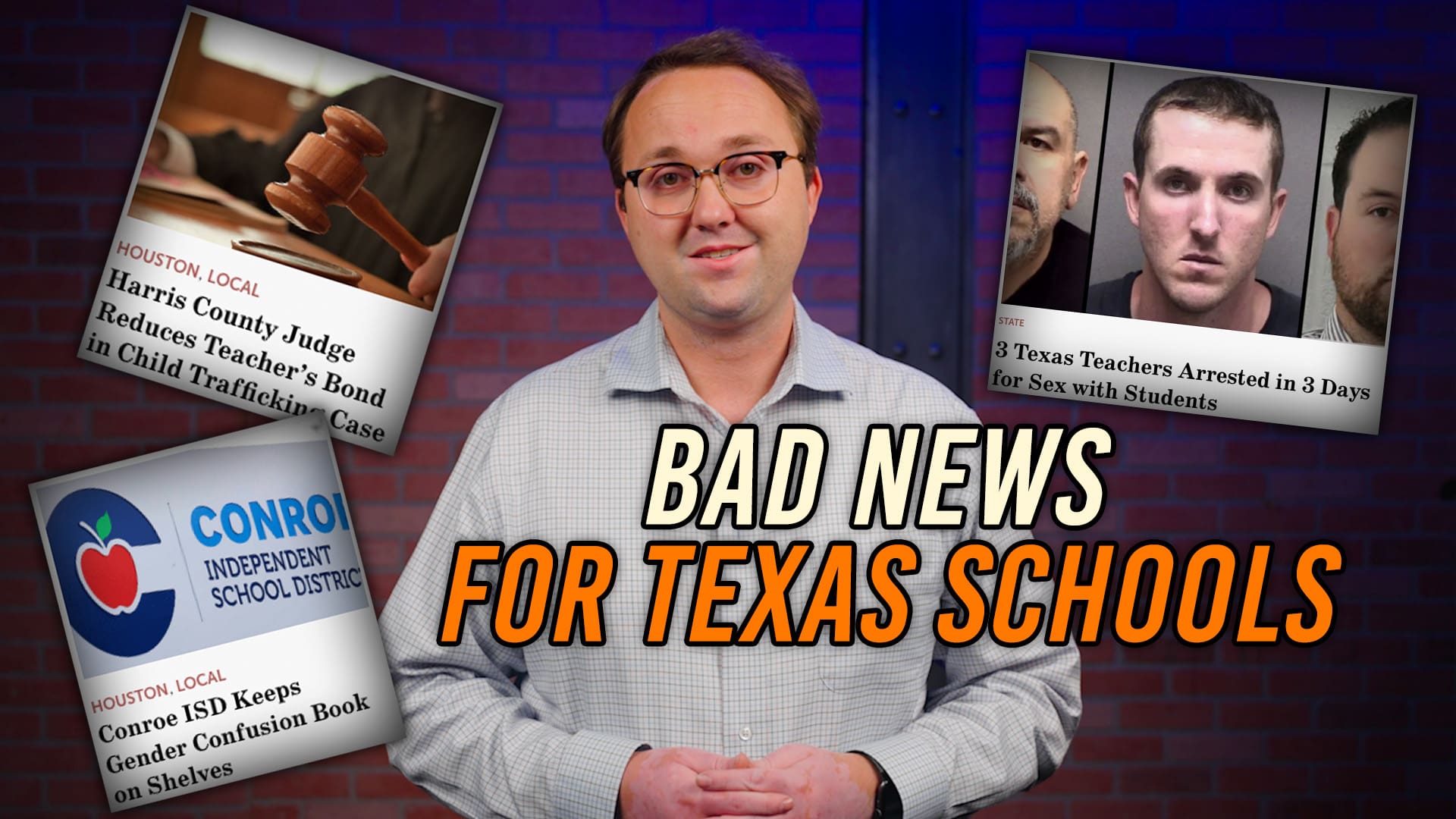A group of Plano residents charged with recommending changes to the city’s controversial comprehensive development plan met for the first time on Saturday, beginning the process of seeking a shared vision for Plano’s future growth.
Over the next year, a 16-member ad hoc advisory committee will review the 4-year-old Plano Tomorrow plan, focusing mainly on land use provisions that impact density, and will then recommend policy modifications.
Critics say the current plan encourages too much high-density development, spoiling the suburban character that attracted them to Plano. Other residents are happy with the city’s increase in urban-style growth.
That division, and the lawsuit it sparked, led Plano City Council to create the Comprehensive Plan Review Committee in November in hopes of reconciling both.
Within a month of council adopting Plano Tomorrow in 2015, residents submitted a referendum petition calling for a public vote on the long-term development plan. But city officials said comprehensive plans aren’t subject to a referendum. A group of petitioners sued the city; the case is still in court.
Since then, the makeup of the city council has changed, from pro-urbanization to evenly split on the issue. That split carries over to the committee, as each council member appointed two CPRC members, making it challenging to find a consensus on a shared vision.
“We’re here to help you,” said meeting facilitator Dan Sefko of Freese and Nichols, a planning consultant the city hired to advise the committee.
Sefko said the keys to success include listening and being solutions-oriented, and he asked members to be “ambassadors” for the process.
When asked by a member if all cities have a comprehensive plan, Sefko said they’re supposed to if they have zoning. He described local governments’ authority to manage land development and the benefits of having a comprehensive plan:
Ever hear someone say, “We want to vote on a comprehensive plan”? You know why you shouldn’t do that? Because it’s not fair. Not everybody gets to vote. Only the citizens get to vote, but the property owners do not. So, it’s all about fairness.
Sefko said comprehensive planning is fair and lets the developer community and property owners know how they can best use their land, providing certainty and stability.
Voting on a comprehensive plan is at the heart of the lawsuit that prompted the formation of the CPRC.
After all members shared the issues they believe are most important to Plano, they agreed to focus first on policies dealing with density. Members also agreed they need to work from the same definitions of terms like “urban,” “suburban,” and “mixed-use development” and determine what “suburban character” looks like.
Other priorities cited by members included transportation, revitalizing aging neighborhoods, attracting and retaining residents, adding attainable housing, and being mindful of taxpayers’ money.
“The common theme is we all want to live in the best possible community,” one member said. “We may have different ideas of what that looks like and how we get there.”
Policy recommendations that receive a 75 percent consensus vote of committee members will be sent to the city’s Planning and Zoning Commission for consideration. Sefko said the review process will include open houses for residents, as well as public hearings ahead of P&Z and city council votes.
“We can’t say what council will do. That’s not our concern,” Sefko said. “But they will put a lot of emphasis on the committee’s recommendations.”
Chairman Doug Shockey told Texas Scorecard he has high hopes for the committee, and his goal is to be as transparent as possible.
Information about the committee and its work will be posted on a special website at PlanoCompPlanReview.org.
All committee meetings are open to the public. The next meeting will be on Wednesday, January 22, at 6:00 p.m. in the Plano Municipal Center’s Training Room A.
